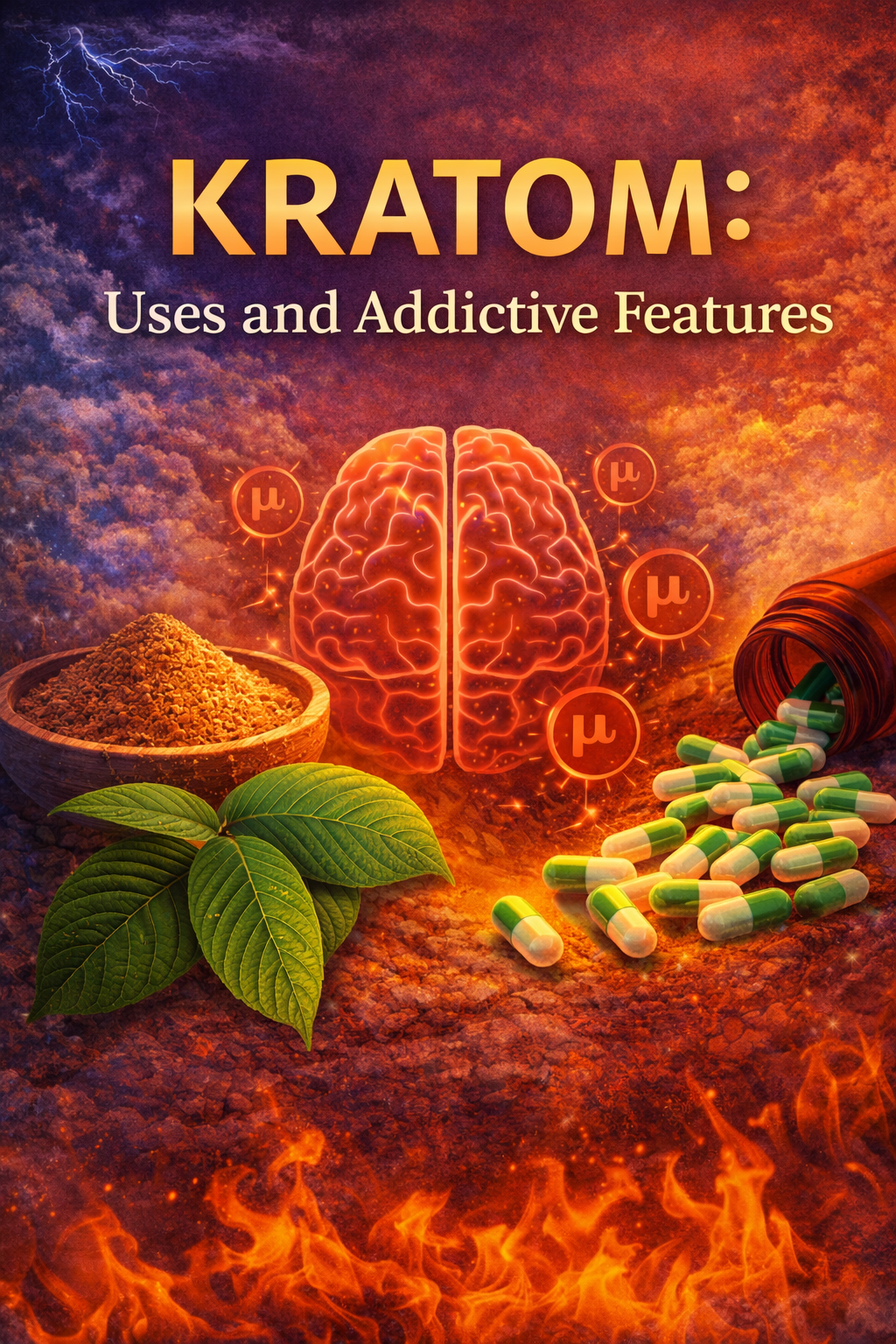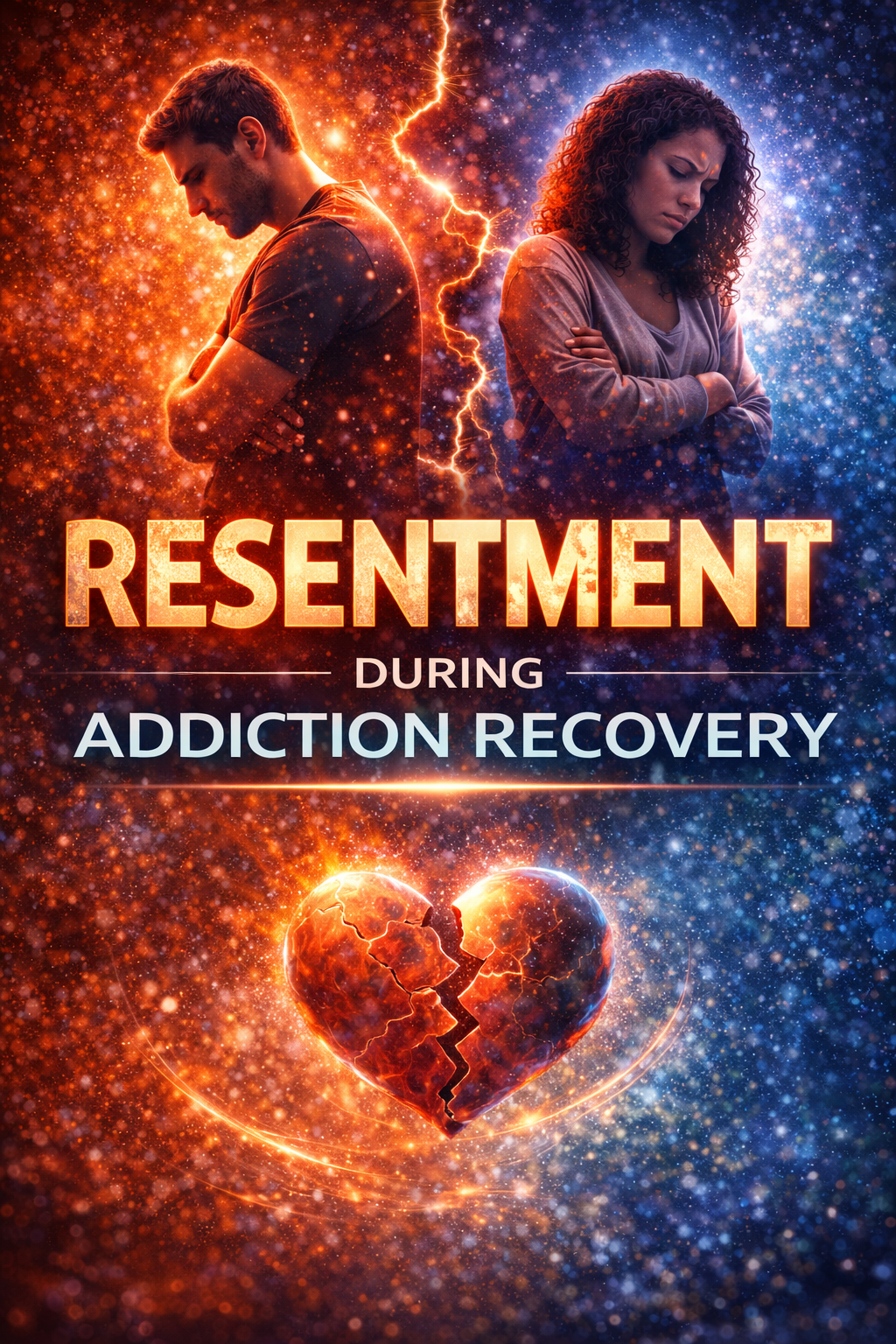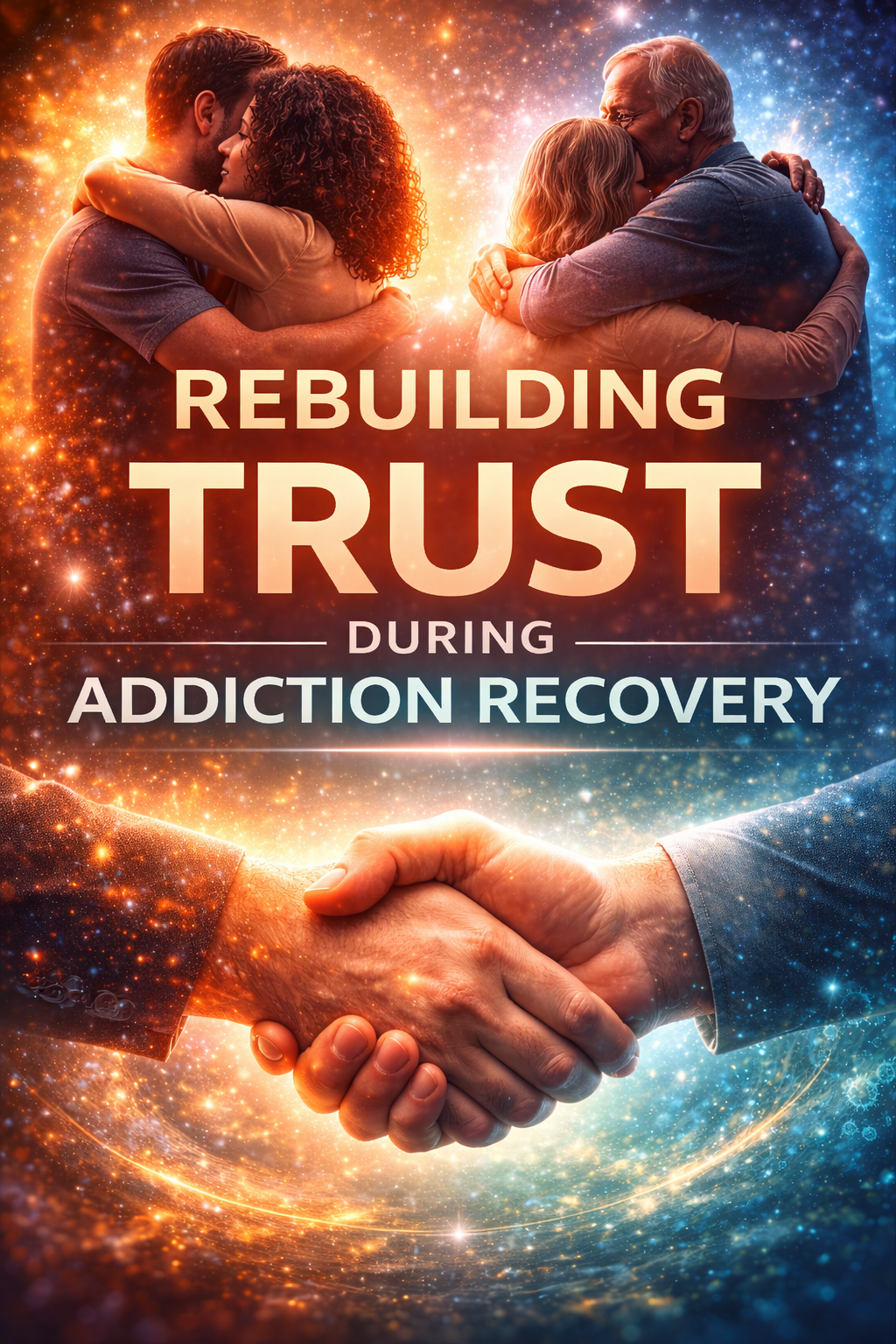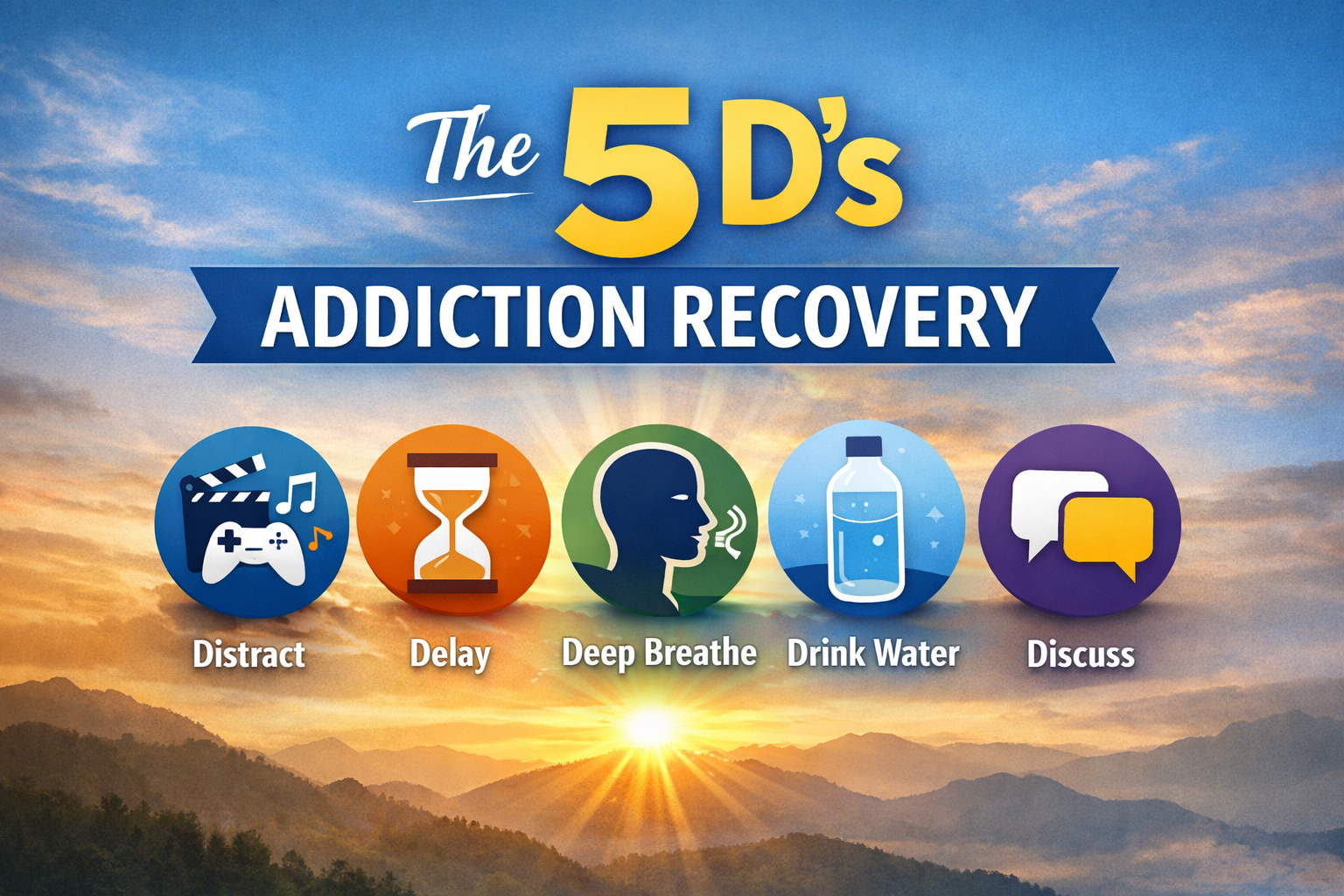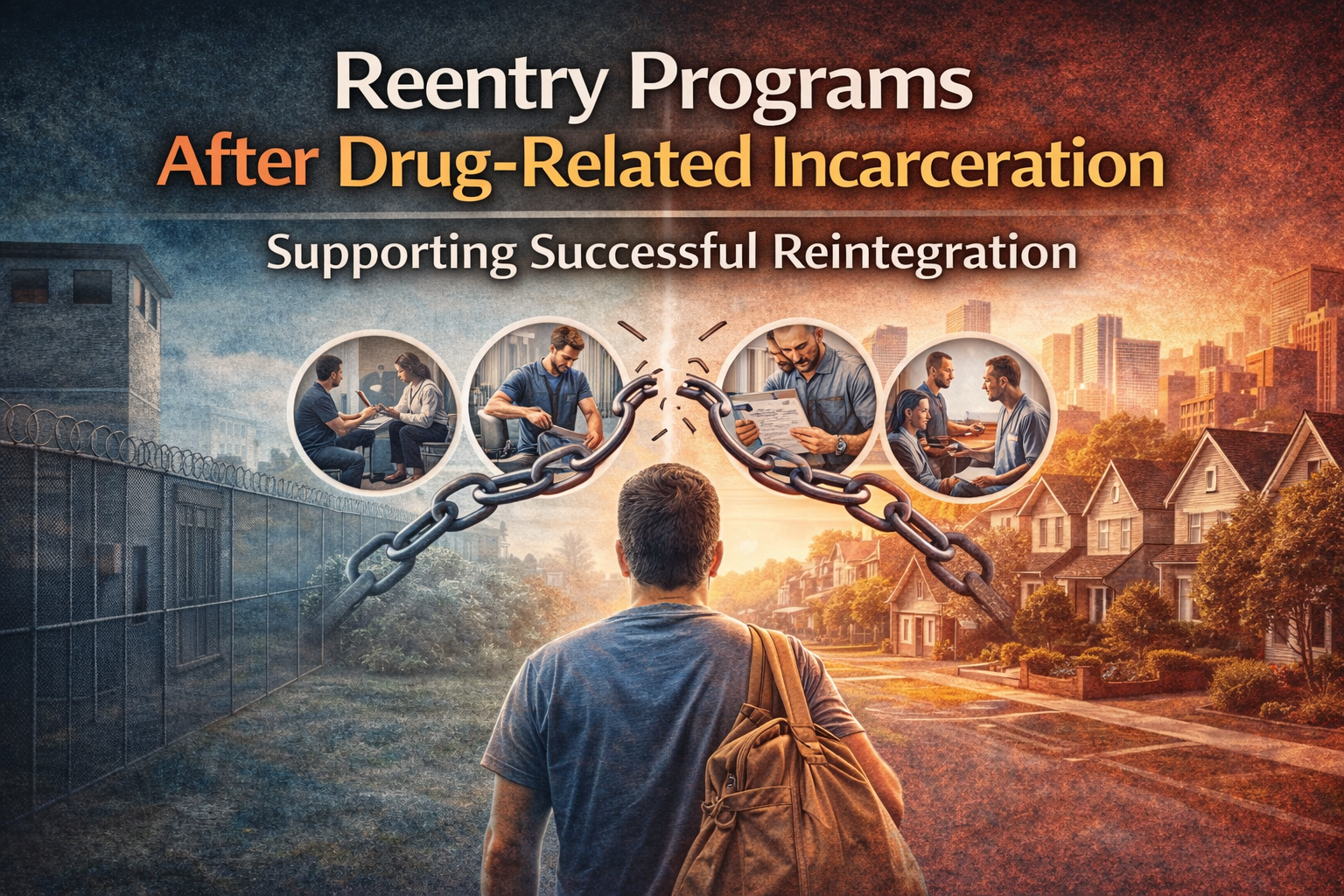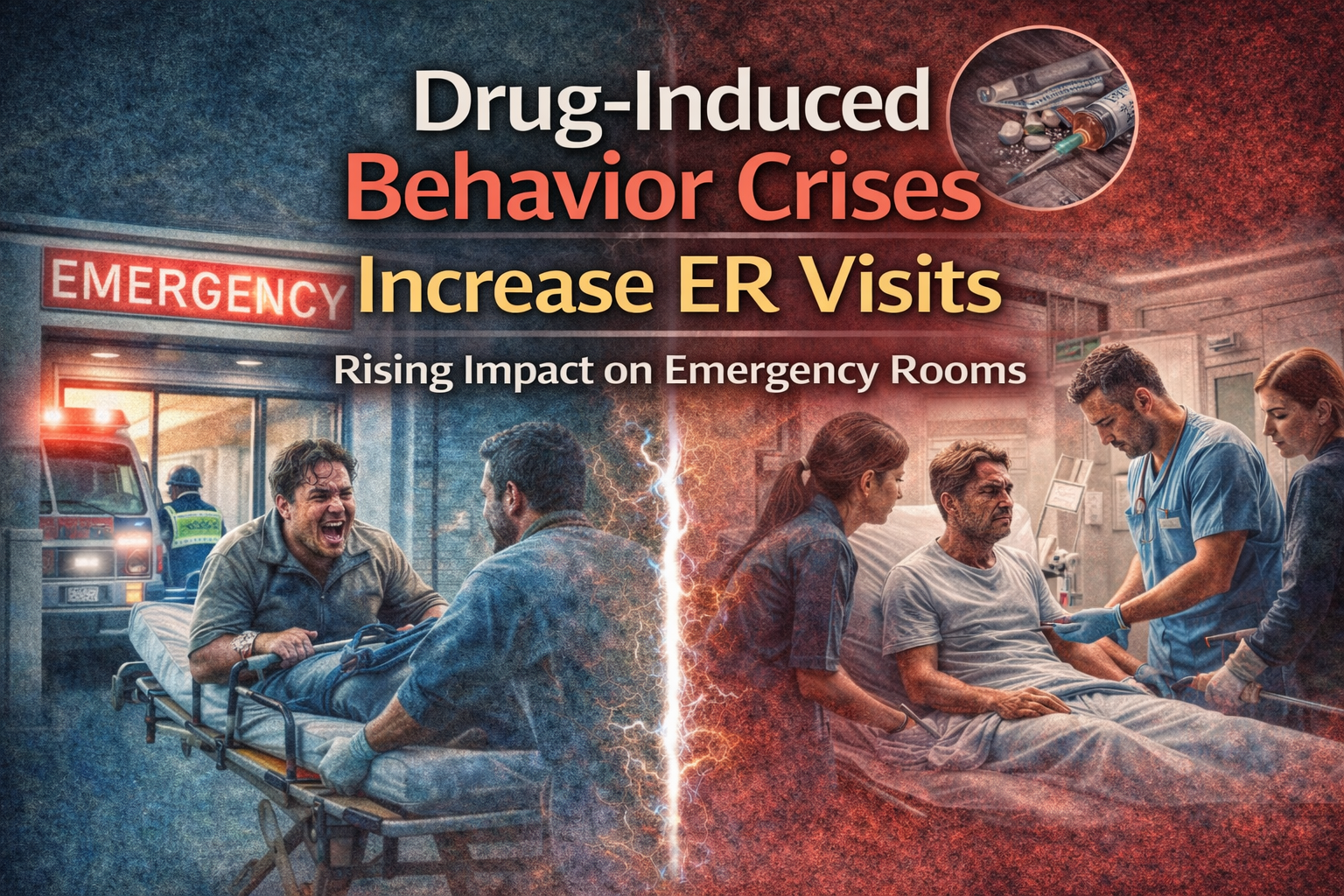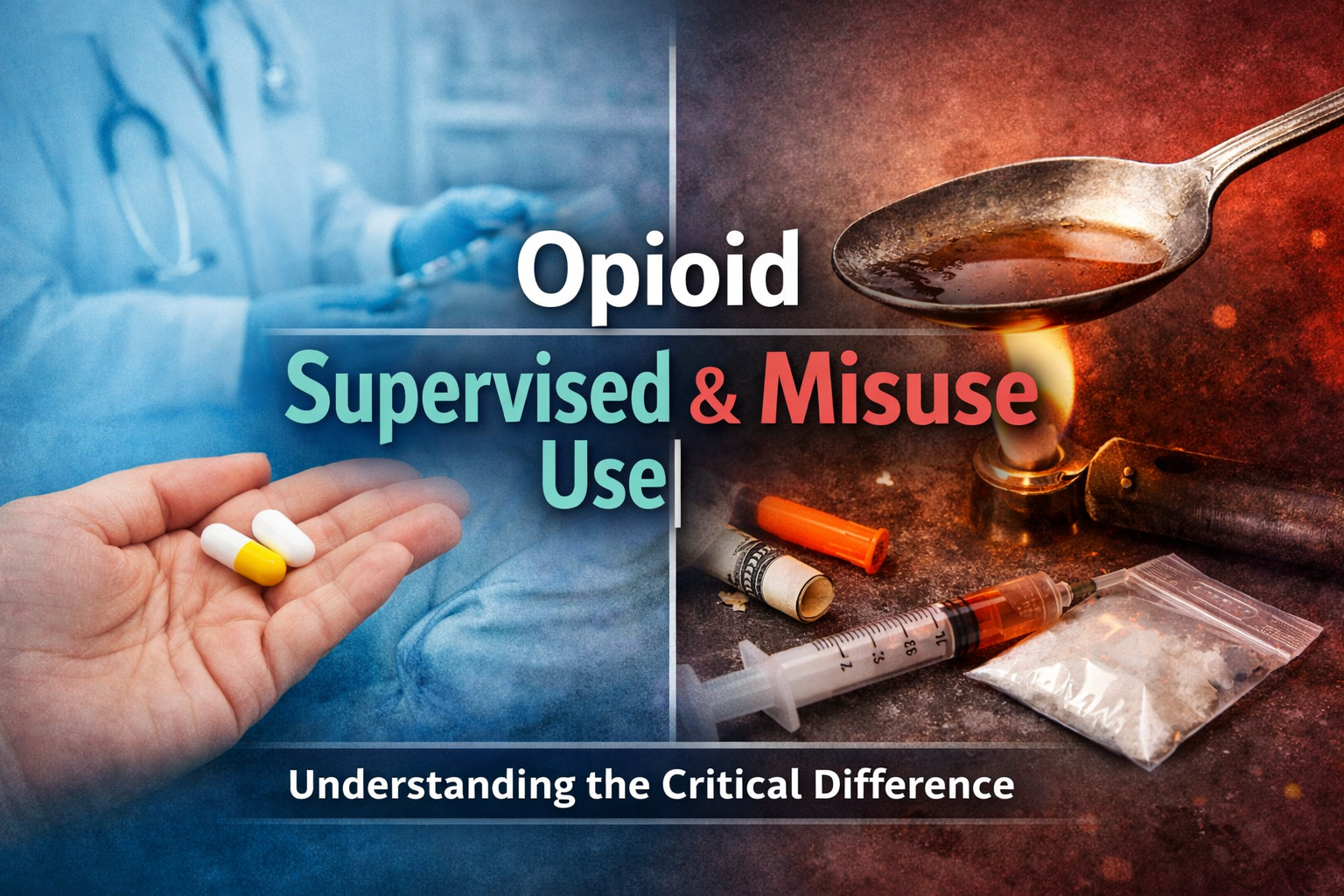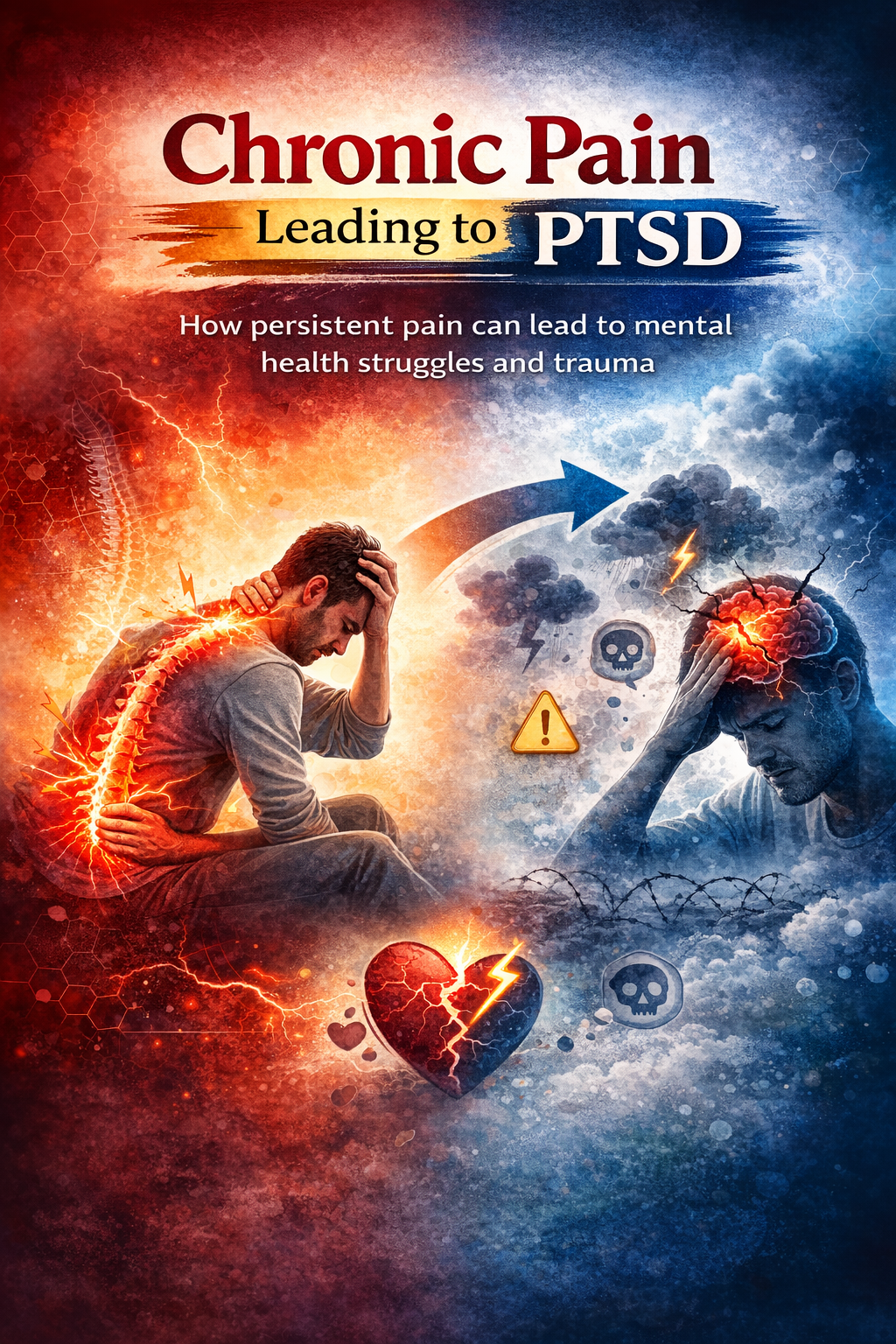Kratom and Integrated Pain Care
Kratom (Mitragyna speciosa) has emerged as a widely discussed herbal substance used for pain relief, mood enhancement, and energy stimulation. Although often perceived as a natural and safer alternative to opioids, kratom’s active compounds—mitragynine and 7-hydroxymitragynine—interact with opioid receptors in the brain, producing analgesic and sedative effects at higher doses. With repeated use, these pharmacological … Read more
